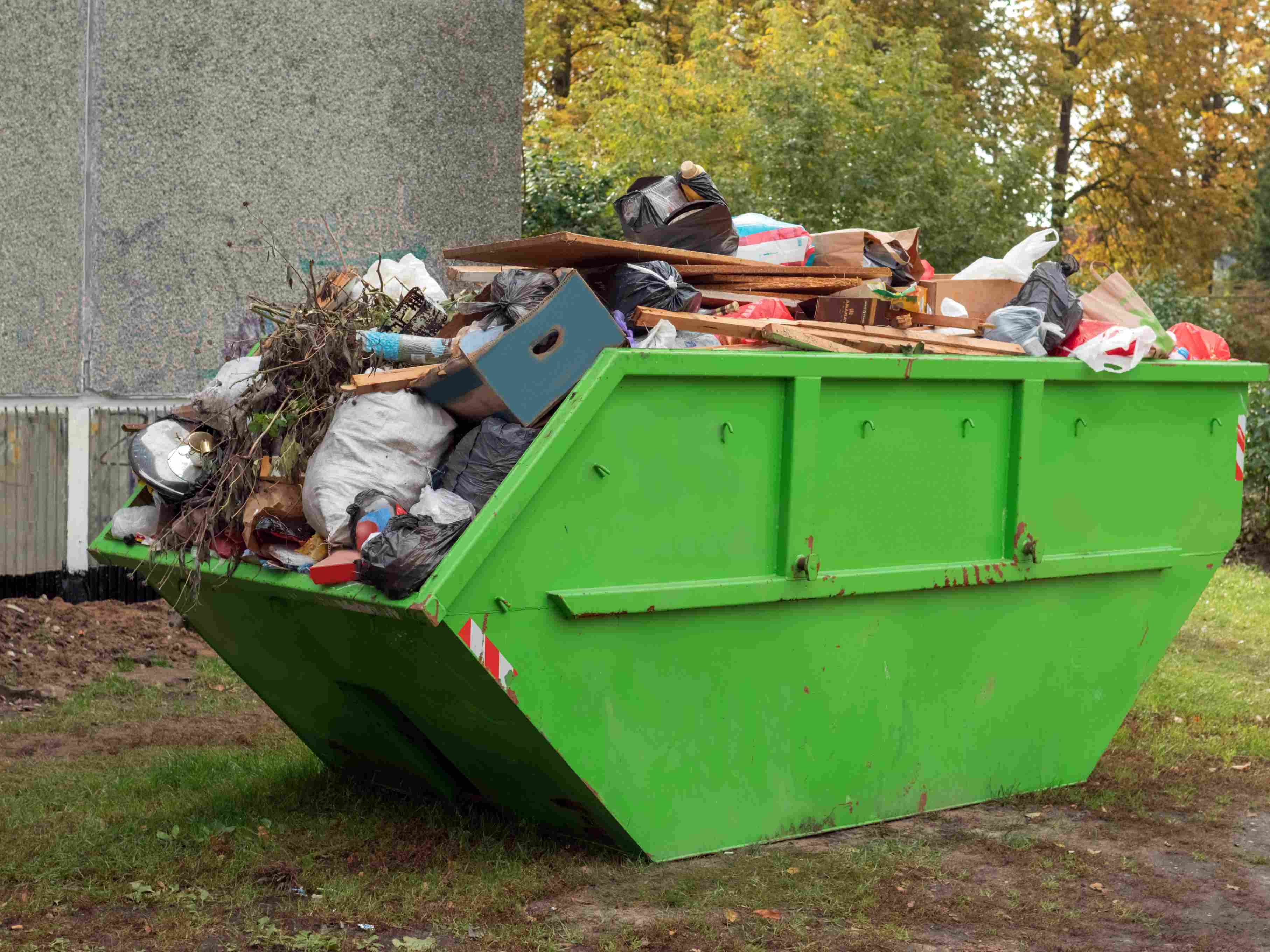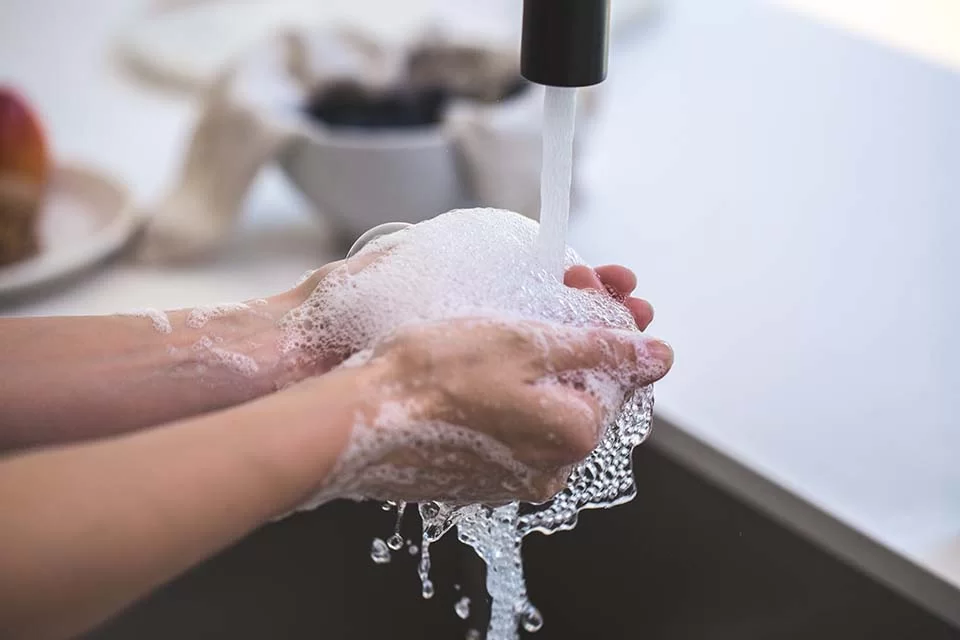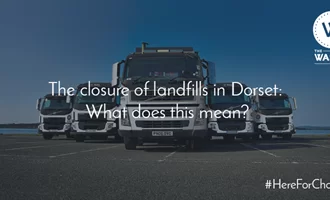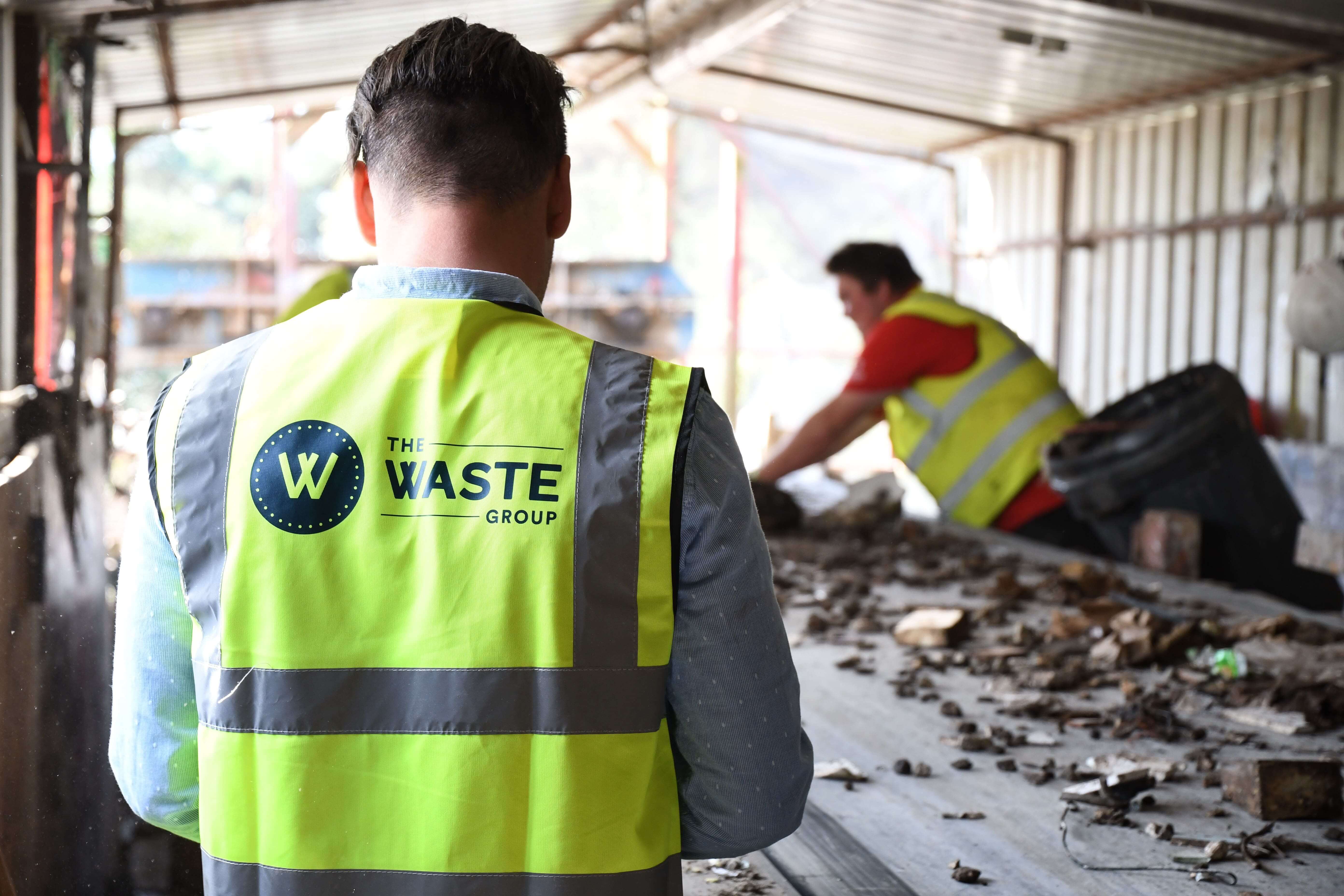9 Items You Should Never Put in a Skip Bin

Items Not Allowed in Skips (and What To Do Instead)
Planning a clear-out? Many homeowners and tradespeople hire a skip to keep projects fast and tidy.
But there are items not allowed in skips for safety, legal and environmental reasons. This guide explains the main prohibited items and gives practical alternatives so you stay compliant, protect the environment and keep your job moving.
What is a skip bin?
A skip is a large, heavy-duty container designed for convenient removal of bulky waste. Once filled, it’s lifted onto a specialist lorry and taken for sorting and recycling.
Skips are ideal for renovations, garden projects and general household clearances, but not everything belongs inside. Understanding what can’t go in prevents delays, extra charges and environmental harm.
9 items you should never put in a skip (with safe alternatives)
Tip: When in doubt, ask us before loading. We’ll advise on compliant, eco-friendly disposal and, if needed, arrange specialist collections.
1) Hazardous chemical waste
Paints, solvents, oils, pesticides and similar chemicals are classed as hazardous. They can leak or vaporise, endangering crews and contaminating soil and water.
- Do instead: Take to your council’s household hazardous waste facility or a licensed recycler.
- Why it matters: Hazardous streams are treated under strict controls to minimise pollution.
2) Electrical items (WEEE) & batteries
TVs, computers, fridges, small appliances and batteries contain components such as lead, mercury and lithium that require specialist processing.
- Do instead: Use WEEE recycling points or retailer take-back schemes. Recycle batteries at designated collection points.
- Common mistake: Hiding small electrics under other waste — please keep them out of the skip.
3) Asbestos
Asbestos fibres are extremely hazardous if disturbed. DIY handling is illegal and dangerous.
- Do instead: Use licensed contractors. We can help — see our Asbestos Disposal service.
4) Medical & clinical waste
Needles, sharps, dressings and medicines risk injury and contamination.
- Do instead: Use pharmacy take-back or your council’s clinical waste service.
5) Tyres
Tyres don’t belong in general skips and present a fire risk. They must go to dedicated processors.
- Do instead: Take to a tyre recycler or council site that accepts tyres; some garages offer take-back.
6) Loose glass bottles & panes
Bottles can shatter or pressurise under heavy loads; large panes create dangerous shards.
- Do instead: Use kerbside glass recycling or bottle banks. For sheet glass, check council guidance.
7) Flammable or explosive materials
Fuels, gas canisters, fireworks and similar items can ignite or explode during handling and transport.
- Do instead: Return gas bottles via supplier schemes or follow council instructions for safe disposal.
8) Refrigerators, freezers & air conditioners
Cooling appliances contain refrigerants that must be removed by specialists before recycling.
- Do instead: Book a council bulky-item collection or a retailer take-back when buying new.
9) Liquid waste
Oils (including cooking oil), paints and other liquids can leak and contaminate land and groundwater.
- Do instead: Take liquids to facilities that accept them — never pour into a skip or drain.
Always check local restrictions on plasterboard/gypsum and mattresses before loading.
How to stay compliant and keep your project on schedule
1) Separate before you start
Stage prohibited items to one side so they don’t end up in the skip by accident. Label boxes for WEEE, chemicals and batteries.
2) Choose the right skip size
Under-sizing leads to overfilling, which is unsafe and illegal. Use our skip sizes guide to match volume to your job.
3) Use internal walkboards
Load heavier waste first, then lighter items. Keep the fill level below the rim to ensure legal, safe transport.
4) Ask us anything
Unsure about an item? We’ll advise on permitted waste streams and arrange alternatives when needed.
Ready to hire a skip? Book online in minutes or call 01202 247716 for quick, friendly advice on what can (and can’t) go in.



